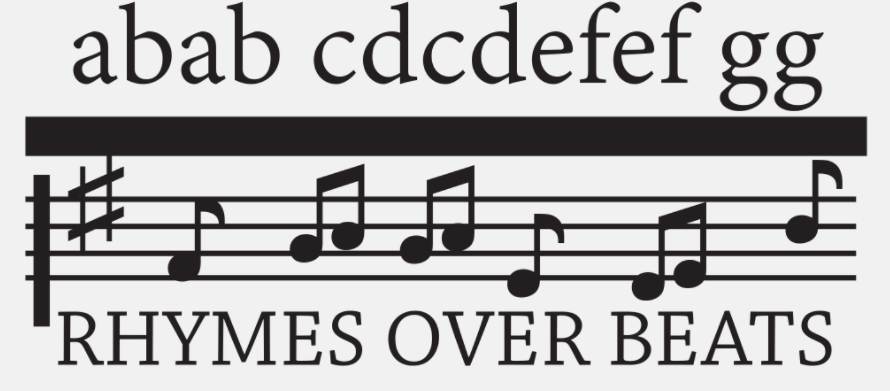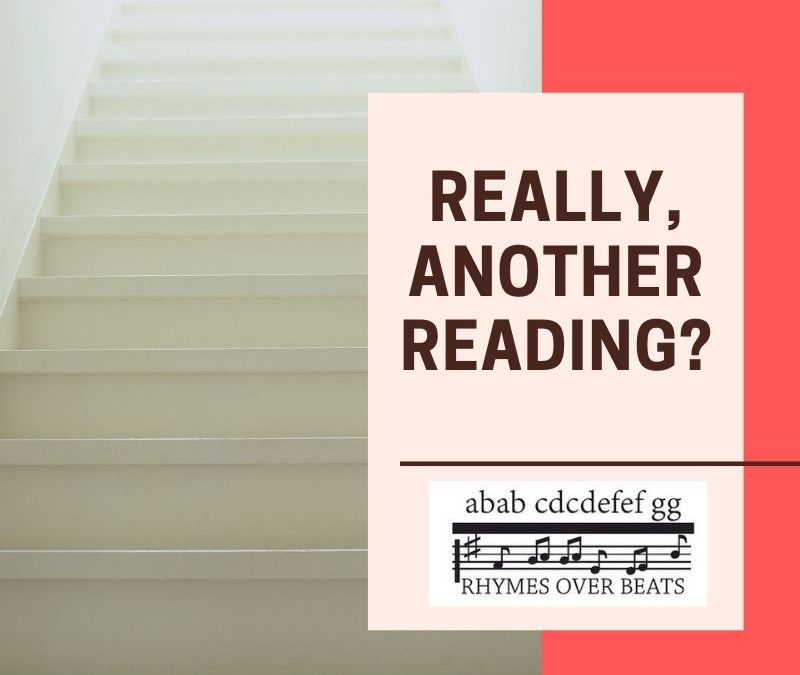The Importance of Readings
One of the things that Playwrights accept as a necessary evil imposed on them by a producer is the reading.
Readings are, in essence, actors with scripts in hand reading a play out loud. They come in different types, from actors just sitting around a table reading the play for the first time, all the way to a workshop reading, where the actors are in “costume”, move around on stage and use props, and everywhere in between. It depends upon the goal you set for the reading, whether it’s to understand if the play is “working” and that people get it, or you want to invite investors into a room to help move it forward.
As a playwright I’m especially sympathetic to this attitude. Like most playwrights, I would like to say, “Let’s just start moving on a production and we’ll work any problems out in rehearsal.”
However, as a producer I know that readings are crucial to create the best possible production. I want to persuade other playwrights that this is true so they will actively participate in the development process, in order to make the reading as effective as it can be.
How Rhymes Over Beats Does Readings
Rhymes Over Beats works with limited budgets on the off-Broadway level. Because of this we do not do readings at the workshop level since these generally are for Broadway League producers with multimillion dollar budgets.
The first reading we will do with an artist is a table read. Just a group of actors sitting around a table reading the play aloud. Usually, up to this point the writer has only heard the lines spoken in his head. At this first reading she can hear how it sounds to other people. It simulates what an audience experiences the first time they see the play. There is no audience at this first table reading, but the conversation afterwards with the actors is a critical one for the playwright. It’s the first step.
The second type of reading we do is the staged reading, or what is generally known in the industry as the 29-hour reading (since Equity, the actor’s union, only allows a total of 29 hours of rehearsal for everyone). This staged reading is done with the actors standing behind music stands. They don’t have costumes or props, but they are allowed limited movement (don’t ask, it’s a union thing). The audience consists of only of invited guests. Hopefully some of the guests are producers with cash.
The purpose of the staged reading is to raise the money to do a production of the play.
A Play Gets Produced Step By Step
Each stage in the development process, each different reading, gets you one step closer to a production.
Playwrights should happily embrace the process, because a great production is what we are all about.
Are you a playwright? Want to talk about your hip hop show? I’d love to chat. Email me at patrickrobad@gmail.com.

